Njamito Goes Fairtrade for Cocoa and Vanilla
March 31, 2025Njamito is now Fairtrade certified for cocoa and vanilla! Here’s what that means for farmers, the planet, and the values behind our meal-in-a-bottle.
Read articleDiscover Marieke Smit's, 6-week internship experience at LoginEKO, where theory meets practice, and cultural encounters turned into valuable insights. From hands-on farming adventures to sharing innovative ideas, Marieke's contributions left a lasting impact.
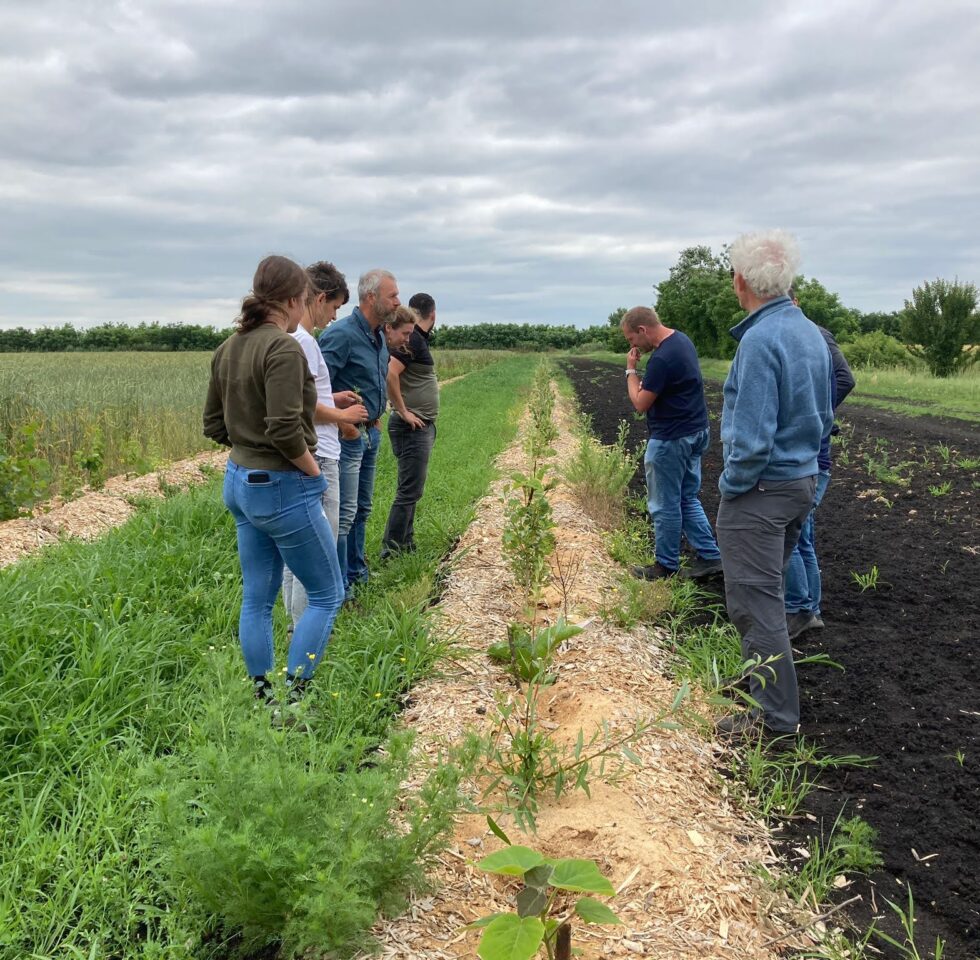
Marieke Smit came to LoginEKO for a 6-week internship as part of her Master’s program at Wageningen University & Research. The idea came from one of her professors who cooperated with LoginEKO, and Marieke loved it instantly, especially when she learned the company is based in Serbia – a country she had never visited before. However, the first encounter was a bit culturally challenging: “When I arrived, I saw lots of garbage by the road and then in the company people were allowed to smoke – which surprised me. But as soon as I started talking to them, they were all super kind, friendly, and fun. I felt at home super quickly.”
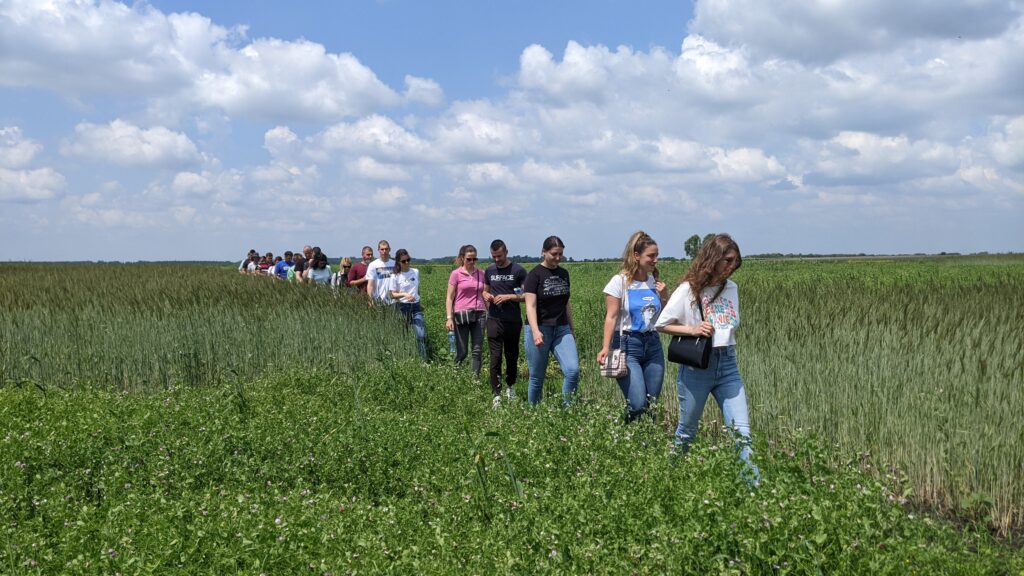
Marieke didn’t have much practical experience at that point, so the fact that her new colleagues took her to the field right away turned out to be a big advantage: “For most of my studies, I had just been listening to lectures and doing theoretical exercises, but I haven’t been out on the field much. Here at LoginEKO, I got a lot more experience with the practice of “real life” farming, and I even saw some things in practice for the first time.
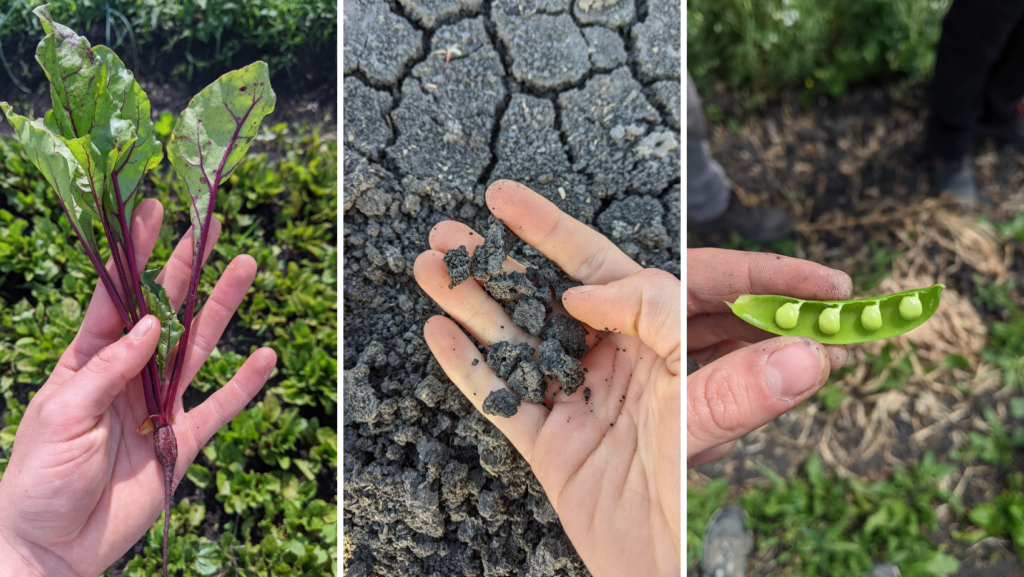
It was a good opportunity to test her theoretical knowledge as well: “My master’s program is called ‘plant sciences,’ and my specialization is natural resource management. That’s in a very broad sense of the world. My ‘thing’ is sustainable food systems, but that covers everything from nitrogen supply for plants, which is very relevant for LoginEKO’s green manure efforts, to projecting models of worldwide food systems including production and consumption.”
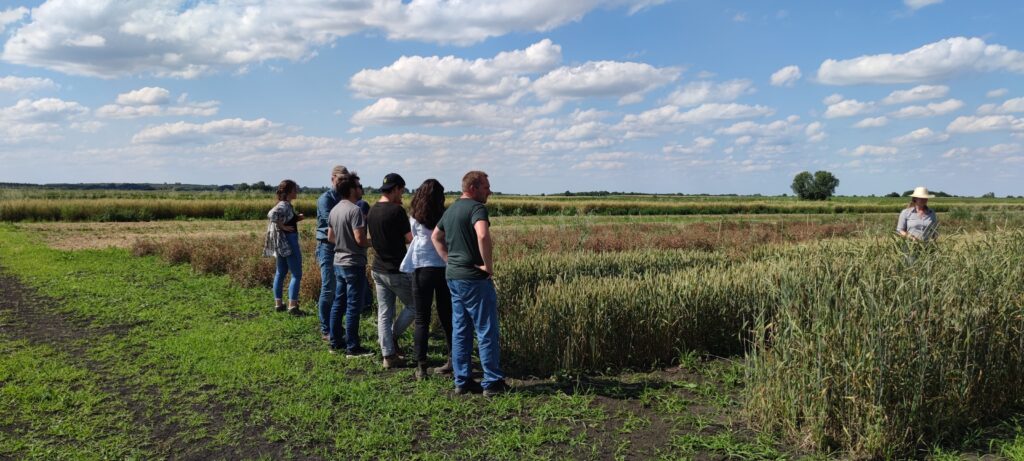
Even though her knowledge is very broad as she says, Marieke was able to share some of it and make a concrete contribution, which made her very happy: “I had an idea and some suggestions for a trial of strip cropping. The basic idea is to grow crops in small strips next to each other instead of growing one crop on one big field. This has some advantages for the cropping system: for instance, biodiversity is higher in such a system, and pests and diseases spread slower than in large monocultures. LoginEKO is already using strip cropping, but I suggested trying another method, which has been investigated and applied by Wageningen University & Research.” The trial will start in September and even though Marieke won’t be around to see the results, she says that the planning was already a very interesting process. She is really looking forward to hearing about the trial from LoginEKO’s colleagues.
Did she learn something useful herself? “Yeah. Oh, absolutely. I learned so much about strip cropping itself because I wasn’t an expert before. And seeing the fields and the challenges in practice, how they deal with them. For example, what can you do when it’s raining for the whole week, and you can’t do the soil preparation? I learned about those challenges, and I also learned how to cooperate with colleagues and find my place in a company. I discovered how to contribute in a way that is useful for everyone and find the value that I can add.”
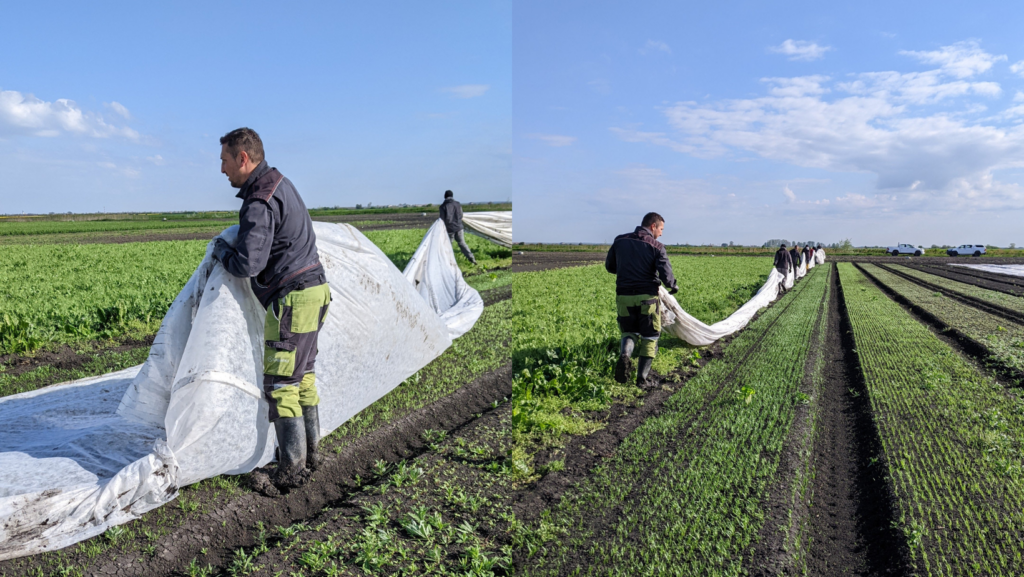
And how does she plan to use this experience? “It gave me lots of ideas for the future direction I want to follow. I’m contemplating doing a PhD, and it focused me on the topics I would like to investigate. And I’m constantly thinking that other Wageningen students should come here, because they would love it! I really see opportunities for more interns to come here,” she adds enthusiastically.
Marieke Smit also told us what was most inspiring for her: “What I really liked was just being in the fields and talking to people at LoginEKO. Sometimes these were totally random crazy conversations and sometimes super interesting plant science conversations. They were very kind to me. They don’t all speak English and I speak very little Serbian now, so there was a lot of talking with hands, but I really, really liked the people.”
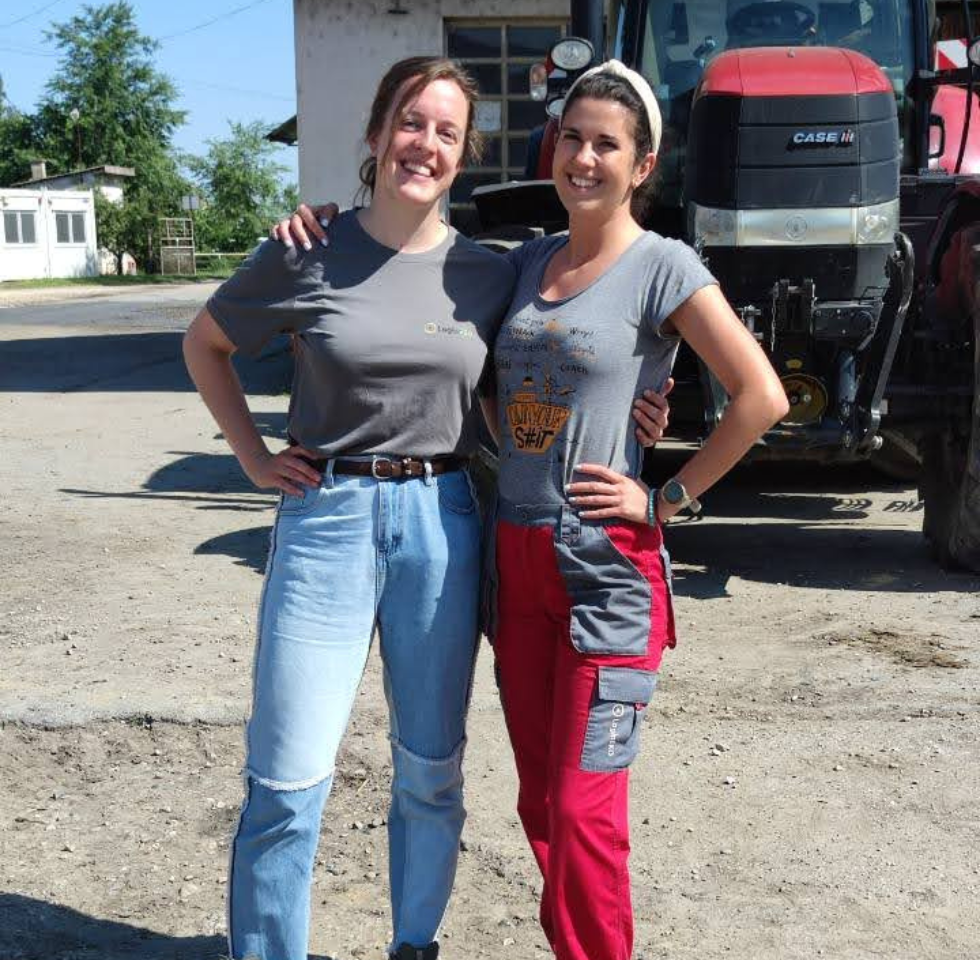
Even the people outside the company were interested in her, even more so when they heard whom she worked for: “I went to buy a sim card in a phone shop, which is the last place you would expect people to talk about agriculture. But the seller was totally thrilled that I was working at LoginEKO saying, “Oh, I really want to work there. I would do whatever I could to work there, because I think it’s a super good company and they treat their people well. They do everything according to the rules and that’s not at all the case in the rest of Serbia.” So I got this very positive perception of the company from the local people soon after I arrived,” says Marieke with a smile. She continued: “I know it might sound fake, especially in an online interview, but I really have a very good impression of LoginEKO. I was really surprised by how well it’s organized and by the people. One can just feel that they are happy to work here and they like their colleagues, and I felt really blessed to be part of that for six weeks.”
LoginEKO was also very happy to welcome Marieke, especially because this was the first time that somebody from Wageningen University & Research came to learn from LoginEKO and not vice versa. We are already cooperating with different institutions and companies, and we’ll continue to do so because we believe this is the only path to achieve our aim and create sustainable solutions for every part of the food system.
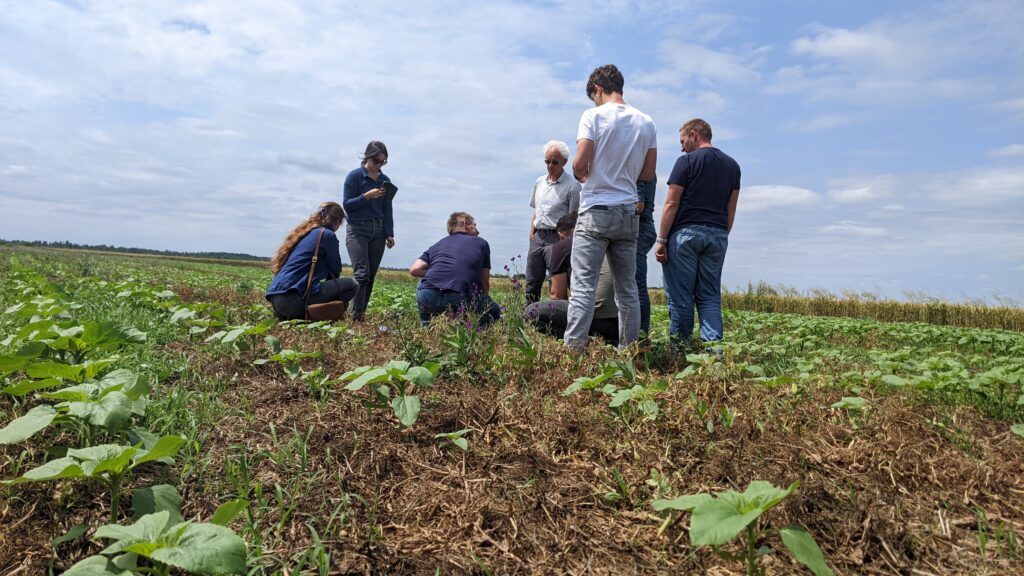
Njamito is now Fairtrade certified for cocoa and vanilla! Here’s what that means for farmers, the planet, and the values behind our meal-in-a-bottle.
Read articleIdealism met reality as we launched our meal-in-a-bottle, Njamito. After 100.000 bottles sold, here’s what we learned about organic food and market adaptation.
Read articleWith organic seeds in short supply, we launched our own organic seed production journey to secure sustainable farming practices.
Read article